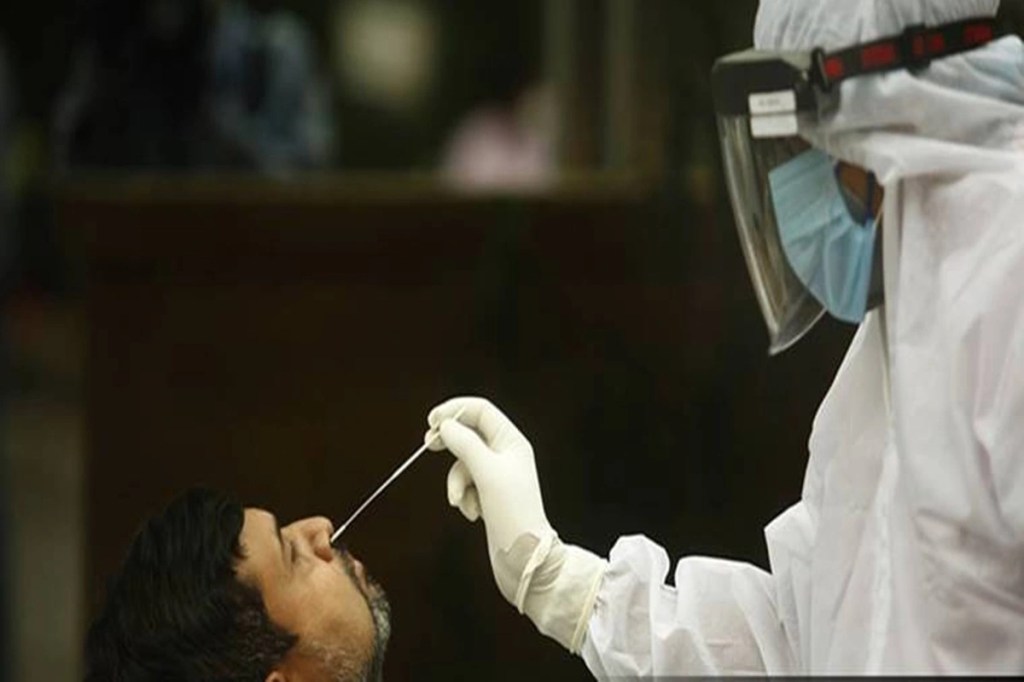A study conducted by Duke Health researchers revealed that people who suffered from Covid-19 had a hard time recovering their sense of smell. The researchers explained that the immune system’s attacks on olfactory nerve cells could be the reason why people had a hard time recovering.
The study provides valuable insight into how this condition affects millions of people who have a hard time regaining their sense of smell. It also sheds light on other Covid-19-related symptoms such as fatigue and brain fog.
According to Bradley Goldstein, PhD, an associate professor in the Department of Communication Sciences and Head and Neck Surgery at Duke, one of the first signs of infection with Covid-19 is loss of smell.
Although many people who were infected with the virus will recover their sense of smell within a couple of weeks, some individuals will not be able to do so. Goldstein noted that it’s important to understand why this group of people will continue to experience persistent smell loss for a long time.
The researchers analyzed the samples collected from 24 individuals who had experienced long-term loss of smell. Among the individuals who experienced this condition were nine individuals who had been infected with Covid-19.
Through a combination of single-cell analyses and their collaboration with Harvard University’s Dr. Sandip Datta, the researchers were able to identify the specific types of immune cells that were involved in the inflammation process.
The researchers found that the number of sensory neurons decreased, which could be caused by the damage caused by the inflammation.
According to Goldstein, the study’s findings show that the damage caused by the inflammation could be similar to an autoimmune process that occurs in the nose.
The researchers were able to identify the types of immune cells involved in the inflammation process. They were also able to show that the damaged sensory neurons could still function properly after long-term exposure to the virus.


